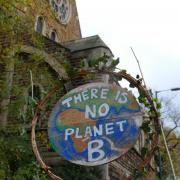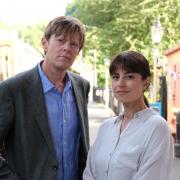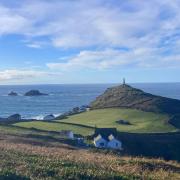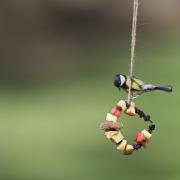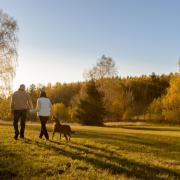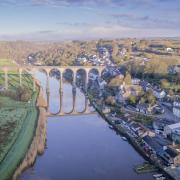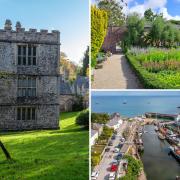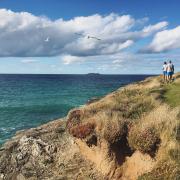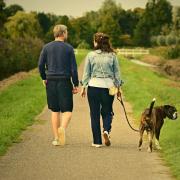Not so long ago, Cornish surfers were synonymous with little more than long-hair, a golden tan and a carefree lifestyle. Branded a sport for rebels and dropouts, surfing struggled to hit the mainstream in the same way as other sports, keeping its health benefits quiet to all but those in the know.

But in recent years the tide has finally turned for the sport and it’s now slowly being recognised across the world as not only a great physical workout, but also a unique tool for combating mental health issues – and nowhere more so than in Cornwall, where two pioneering charities have taken to the water to help others ride the wave to recovery.

For the Wave Project - which provides free surfing lessons to children with a wide range of learning disabilities and emotional difficulties - the opportunity to trial the revolutionary idea of surf therapy came in 2010, when Cornwall and Isles of Scilly NHS Trust funded a pilot scheme in Newquay. The scheme proved so successful that the project quickly spread across the county, accepting referrals from schools, the NHS, social workers, bereavement charities and other professional bodies.
The project has been so popular, in fact, that last year it received three years’ funding from The Big Lottery fund to provide 100 surf therapy places per year to young people in Cornwall and North Devon, while plans for a pilot scheme in Dorset are afoot for September.
You only have to watch students like Louis Sutton in the sea to understand how instrumental the Wave Project can be to the life of a young person. Louis was 12 when he was referred to the project; doctors had diagnosed him with autism, anxiety problems and coordination difficulties, as well as difficulties in understanding language, which led to frustration and aggression that was affecting every aspect of his life.
Despite the challenges he faced, Louis agreed to join nine other young people on a Wave Project course in Newquay in September 2011 and, by the end of the six-week course, he was one of the most accomplished surfers in the group, prompting him to join the Wave Project’s surf club so that he could carry on surfing after his initial course had finished.
Six months after completing his course, in June 2012, Louis came second in a professionally-judged surfing competition organised by The Wave Project – the first of its kind in the UK. But the real breakthrough for Louis was his confidence – throughout the day he showed no anger or frustration and even gave an interview to TV journalists who were covering the event.
Louis’ mum, Suzanne, said taking part in The Wave Project has changed his life. ‘The Wave Project has given him the confidence to be Louis,’ she says. ‘It just makes him feel good, and allows him to be himself. For some reason, surfing enables him to improve his behaviour, and the continuity and consistency of it is something he can’t get anywhere else.’
Joe Taylor, Wave Project coordinator, said he’s noticed a growing interest in using surfing as a therapeutic tool since the charity formed three years ago. ‘There’s something about surfing that is unique in helping people overcome anxieties and improve wellbeing, and we are trying to understand better what that is,’ he said. ‘It’s generating academic interest too, with organisations like the European Centre for Environment and Human Health doing research projects on surfing.’
But the Wave Project isn’t the only Cornish charity using the power of the ocean to change lives. Heartlands-based Surf Action works with military veterans affected by PTSD and physical injuries, helping them to cope with their difficulties and find ways to tackle their demons.
Attracting barrels of media attention, including the recent TV programme ‘Battled Scarred’, Surf Action has grown quickly and is now regularly contacted by ex-servicemen and women from across the UK, who head to Cornwall to try this revolutionary approach.
The charity was founded by Gulf war veteran Rich Emerson, who himself developed PTSD following his time in the Royal Armoured Corps. Rich struggled for years to cope with his problems, eventually finding that surfing helped him more than any other conventional treatment he’d tried. Using his own experience as a catalyst, Rich set up Surf Action in 2009 with the aim of putting a smile on the faces of others in desperate need of support.
‘Surfing has been my saviour, allowing me to relax and focus on things other than my problems. The beauty of the Cornish environment has been central in helping me to improve my psychological wellbeing and helping me deal with my problems,’ says.
‘Our dream is to have our own Surf Action Centre in Cornwall which will allow us the maximum flexibility in providing our services and provide accommodation for service users and their families when they need it.’ n




